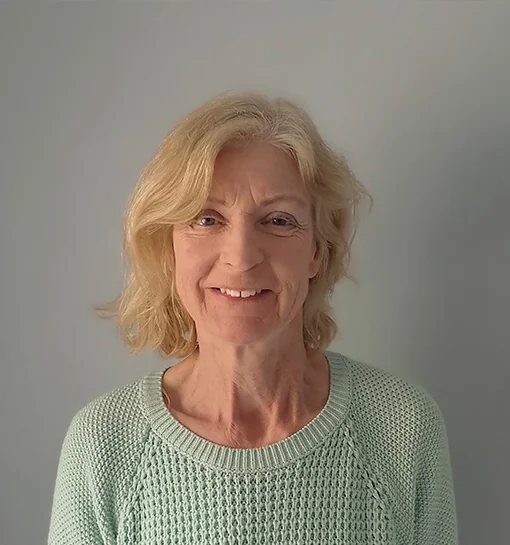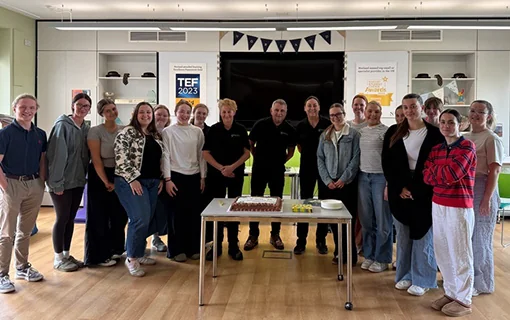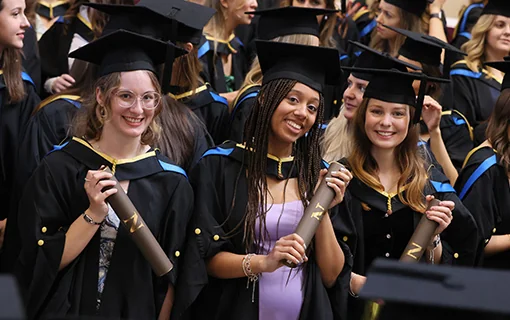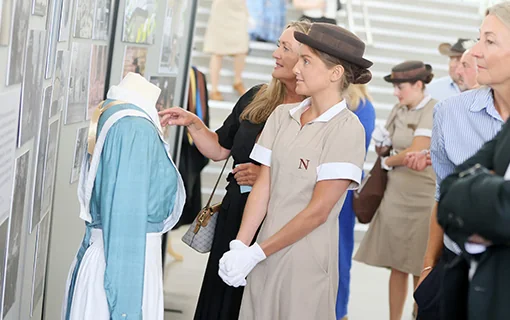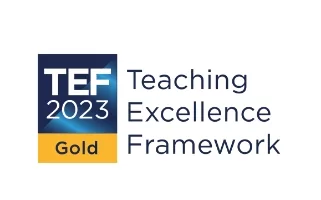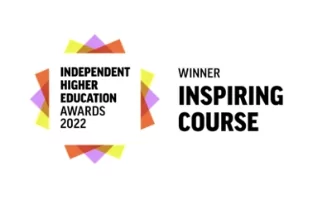Norland supports University of Bath research on the impact of screen time on children
16 July 2024

Norland is delighted to announce that The Norland Foundation is funding a PhD at the University of Bath investigating the impact of screen time in neurodivergent preschool children.
The donation, of more than £105,000 spread over for years, will support a PhD student within the Department of Psychology’s Babylab.
The lab provides facilities for researchers to study what goes on in the minds of little ones, using specialist eye-tracking software and two-way mirrors to explore how young children see and interact with the world around them and the factors that influence their development.
This research is driving best practice recommendations, including Canadian government policies on paediatric screen time, and the UK’s National Childbirth Trust guidelines for parents and early years practitioners.
Principal of Norland, Dr Janet Rose, says: “We are delighted that The Norland Foundation is able to support this valuable work. Part of the foundation’s mission is to promote the advancement of education in the early years, including supporting children with additional needs.
“This important and topical research will undoubtedly contribute to our growing understanding of the impact of digital technology and its special focus on neurodivergent children is of particular significance.
“It also aligns perfectly with related research and activities previously funded by the foundation. These include supporting the development of the Transforming Autism Project and a local ‘stay and play’ provision for children with special needs. We are hoping some of the findings will be published in the Norland Educare Research Journal, an initiative also funded by the foundation.”
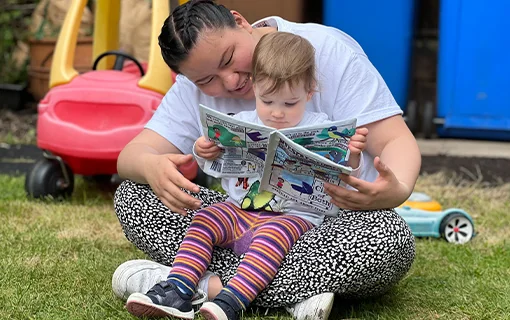
Professor Mark Brosnan, Head of the University’s Department of Psychology, says: “We are very grateful for this impactful gift, which will support research into the effects of screen time on neurodivergent pre-school children.”
He adds: “With the rapid rise of childhood screen exposure and touchscreen devices enabling toddlers to watch and interact with digital media, it’s key that we understand the impacts at this crucial time in development so parents and carers can make informed decisions.”
This scholarship is part of the University of Bath’s Research with Impact PhD programme, funded by generous philanthropic donations to support students over four years with a UKRI-pegged stipend and some study costs, while the University funds the fees.
Successful recipient of The Norland Foundation Research with Impact Scholarship, Abigail Bradley, will begin her studies in September 2024.
She says: “I feel very privileged to receive this opportunity from The Norland Foundation and the University of Bath.
“This is a fascinating area of research that needs to be better understood for youth development around screens, so I’m grateful to be given this opportunity to dive into a topic I am so passionate about.”
